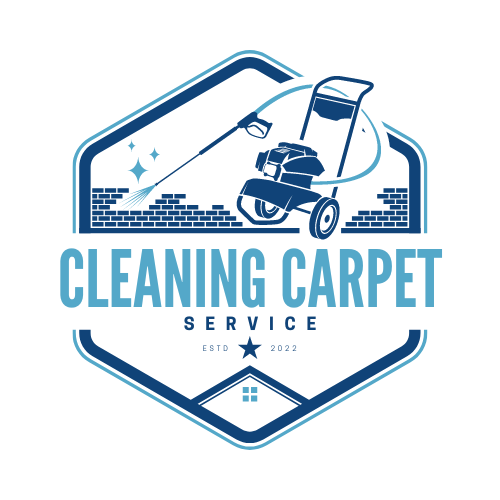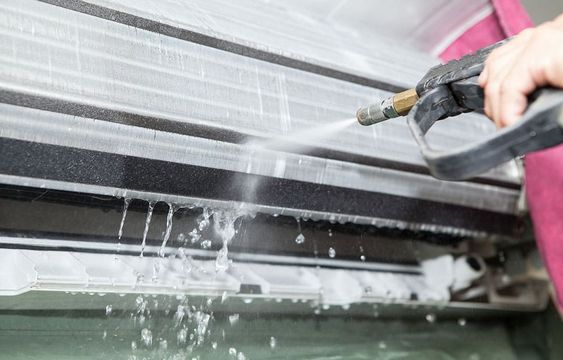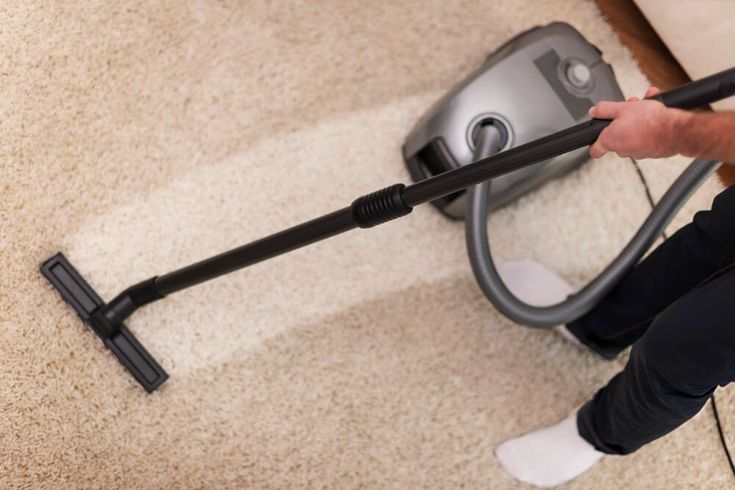Hair health is an important aspect of overall well-being and beauty in Singapore. With its diverse population and multicultural influences, Singaporeans place great importance on maintaining healthy and beautiful hair. In this article, we will explore the significance of hair care in Singapore, the common hair problems faced by Singaporeans, and provide tips and solutions to address these issues. We will also discuss the role of diet and nutrition in maintaining healthy hair, effective hair care routines for different hair types, the benefits of natural hair care products, and how to protect your hair from environmental damage. Additionally, we will delve into the impact of stress on hair health and provide tips on managing it, as well as hair styling tips to prevent damage and breakage. Finally, we will discuss the importance of regular haircuts and trims and the benefits of seeking professional help for hair health in Singapore.
Understanding the Importance of Hair Health in Singapore
Hair holds significant cultural significance in Singapore. It is often seen as a symbol of beauty, youthfulness, and vitality. Many Singaporeans take pride in their hair and invest time and effort into maintaining its health and appearance. Hair is also an important part of self-expression, with many individuals experimenting with different hairstyles, colors, and trends.
In addition to cultural significance, environmental factors also play a role in hair health in Singapore. The hot and humid climate can lead to increased oil production on the scalp, resulting in greasy hair. The high levels of pollution in urban areas can also contribute to hair damage and dullness. Furthermore, exposure to harmful UV rays from the sun can cause dryness, frizz, and color fading.
Common Hair Problems in Singapore and How to Address Them
Singaporeans commonly face several hair problems due to environmental factors and lifestyle choices. These include oily scalp, dandruff, dryness, frizz, hair loss, and damage from heat styling tools. To address these issues, it is important to adopt a holistic approach to hair care.
For oily scalp and dandruff, it is recommended to use a gentle shampoo that balances the scalp’s oil production and contains anti-dandruff ingredients such as tea tree oil or salicylic acid. Regularly exfoliating the scalp with a scrub can also help remove buildup and promote a healthier scalp.
To combat dryness and frizz, it is important to use moisturizing and nourishing hair care products. Deep conditioning treatments, hair masks, and leave-in conditioners can help restore moisture and improve the overall health of the hair. It is also advisable to avoid excessive heat styling and use heat protectant products when necessary.
Hair loss can be addressed by incorporating a balanced diet rich in vitamins, minerals, and proteins. Additionally, using hair growth stimulating products such as minoxidil or incorporating essential oils like rosemary or peppermint into your hair care routine can help promote hair growth.
The Role of Diet and Nutrition in Maintaining Healthy Hair
A balanced diet plays a crucial role in maintaining healthy hair. Nutrients such as vitamins A, C, E, B vitamins, biotin, iron, zinc, and protein are essential for promoting hair growth and preventing hair loss. Including foods such as leafy greens, citrus fruits, nuts, seeds, fish, eggs, and lean meats in your diet can provide these essential nutrients.
Vitamin A helps produce sebum, which keeps the scalp moisturized. Vitamin C aids in collagen production, which strengthens the hair shaft. Vitamin E improves blood circulation to the scalp, promoting hair growth. B vitamins, particularly biotin (B7), are essential for healthy hair growth. Iron helps carry oxygen to the hair follicles, promoting growth. Zinc helps regulate oil production on the scalp. Protein is the building block of hair strands and is necessary for strong and healthy hair.
Effective Hair Care Routines for Different Hair Types
Different hair types require different care routines to maintain their health and appearance. Here are some effective hair care routines for different hair types:
1. Straight Hair: Straight hair tends to be more prone to oiliness and can become limp easily. It is important to use a lightweight shampoo and conditioner that won’t weigh the hair down. Avoid heavy styling products and opt for volumizing sprays or mousses instead.
2. Wavy Hair: Wavy hair can be prone to frizz and dryness. Use a moisturizing shampoo and conditioner to keep the hair hydrated. Apply a leave-in conditioner or serum to control frizz and enhance the natural waves.
3. Curly Hair: Curly hair requires extra moisture and hydration. Use a sulfate-free shampoo and a rich, moisturizing conditioner. Apply a curl-enhancing cream or gel to define the curls and reduce frizz.
4. Coily Hair: Coily hair is prone to dryness and breakage. Use a moisturizing shampoo and conditioner specifically formulated for coily hair. Deep condition regularly and apply a leave-in conditioner or oil to seal in moisture.
It is important to note that these are general guidelines, and individual hair types may require additional or different care routines.
The Benefits of Natural Hair Care Products
Natural hair care products have gained popularity in recent years due to their numerous benefits for hair health. These products are often free from harsh chemicals, sulfates, parabens, and synthetic fragrances, which can strip the hair of its natural oils and cause damage.
Natural ingredients such as aloe vera, coconut oil, argan oil, shea butter, and tea tree oil have been found to promote hair health. Aloe vera has soothing properties that can help with scalp irritation and dandruff. Coconut oil is deeply moisturizing and can help prevent protein loss in the hair. Argan oil is rich in antioxidants and can help repair damaged hair. Shea butter is highly moisturizing and can help reduce frizz. Tea tree oil has antimicrobial properties that can help with scalp conditions such as dandruff.
Using natural hair care products can help nourish and protect the hair without exposing it to potentially harmful chemicals.
How to Protect Your Hair from Environmental Damage in Singapore
Protecting your hair from environmental damage is crucial in maintaining its health and appearance in Singapore’s hot and humid climate. Here are some tips to protect your hair:
1. Wear a hat or use a scarf to shield your hair from the sun’s harmful UV rays.
2. Use a heat protectant spray before using heat styling tools to minimize damage.
3. Rinse your hair with cool water after swimming in chlorinated pools to remove any chemicals that can cause dryness and damage.
4. Avoid excessive heat styling and opt for air-drying whenever possible.
5. Use a leave-in conditioner or serum with UV protection to shield your hair from the sun’s rays.
6. Limit exposure to pollution by covering your hair when commuting or spending time in heavily polluted areas.
The Impact of Stress on Hair Health and How to Manage It
Stress can have a significant impact on hair health, leading to issues such as hair loss, thinning, and dullness. When the body is under stress, it diverts nutrients away from non-essential functions such as hair growth, leading to weakened hair follicles.
To manage stress and promote hair health, it is important to incorporate stress management techniques into your daily routine. These can include practicing mindfulness or meditation, engaging in regular exercise, getting enough sleep, and seeking support from friends, family, or professionals if needed. Taking care of your mental and emotional well-being can have a positive impact on your overall health, including the health of your hair.
Hair Styling Tips to Prevent Damage and Breakage
Styling your hair can be a fun way to express yourself, but it is important to do so in a way that minimizes damage and breakage. Here are some hair styling tips to prevent damage:
1. Avoid using heat styling tools on high heat settings. Opt for lower heat settings and use a heat protectant spray before styling.
2. Use wide-toothed combs or brushes with soft bristles to detangle wet hair gently.
3. Avoid tight hairstyles that pull on the hair, such as tight ponytails or braids. Opt for looser styles or use hair-friendly accessories like scrunchies.
4. Limit the use of chemical treatments such as relaxers, perms, or color treatments, as they can weaken the hair and cause damage.
5. Give your hair regular breaks from styling and let it air-dry whenever possible.
The Importance of Regular Haircuts and Trims
Regular haircuts and trims are essential for maintaining healthy hair. Trimming the ends of the hair helps prevent split ends and breakage, promoting overall hair health. It also helps maintain the shape and style of the haircut.
The frequency of haircuts and trims depends on individual hair growth rates and personal preferences. On average, it is recommended to get a trim every 6-8 weeks to keep the hair looking its best. However, if you notice split ends or excessive breakage, it may be necessary to trim more frequently.
Seeking Professional Help for Hair Health in Singapore
While there are many steps you can take at home to maintain healthy hair, seeking professional help can provide additional benefits. Hair professionals such as hairstylists and trichologists have specialized knowledge and expertise in diagnosing and treating various hair and scalp conditions.
In Singapore, there are numerous professional services available for hair health, including hair salons, trichology clinics, and scalp treatment centers. These professionals can provide personalized advice and treatments tailored to your specific hair and scalp needs. Whether you are dealing with hair loss, scalp issues, or simply want to improve the overall health and appearance of your hair, seeking professional help can be a valuable investment.
In conclusion, hair health is of great importance in Singapore due to its cultural significance and the impact of environmental factors. Understanding common hair problems and adopting effective hair care routines can help maintain healthy and beautiful hair. A balanced diet, the use of natural hair care products, and protecting the hair from environmental damage are essential for optimal hair health. Managing stress, using proper hair styling techniques, and getting regular haircuts and trims also contribute to maintaining healthy hair. Finally, seeking professional help when needed can provide additional support and guidance for optimal hair health in Singapore. By taking care of our hair, we can enhance our overall well-being and feel confident in our appearance.




